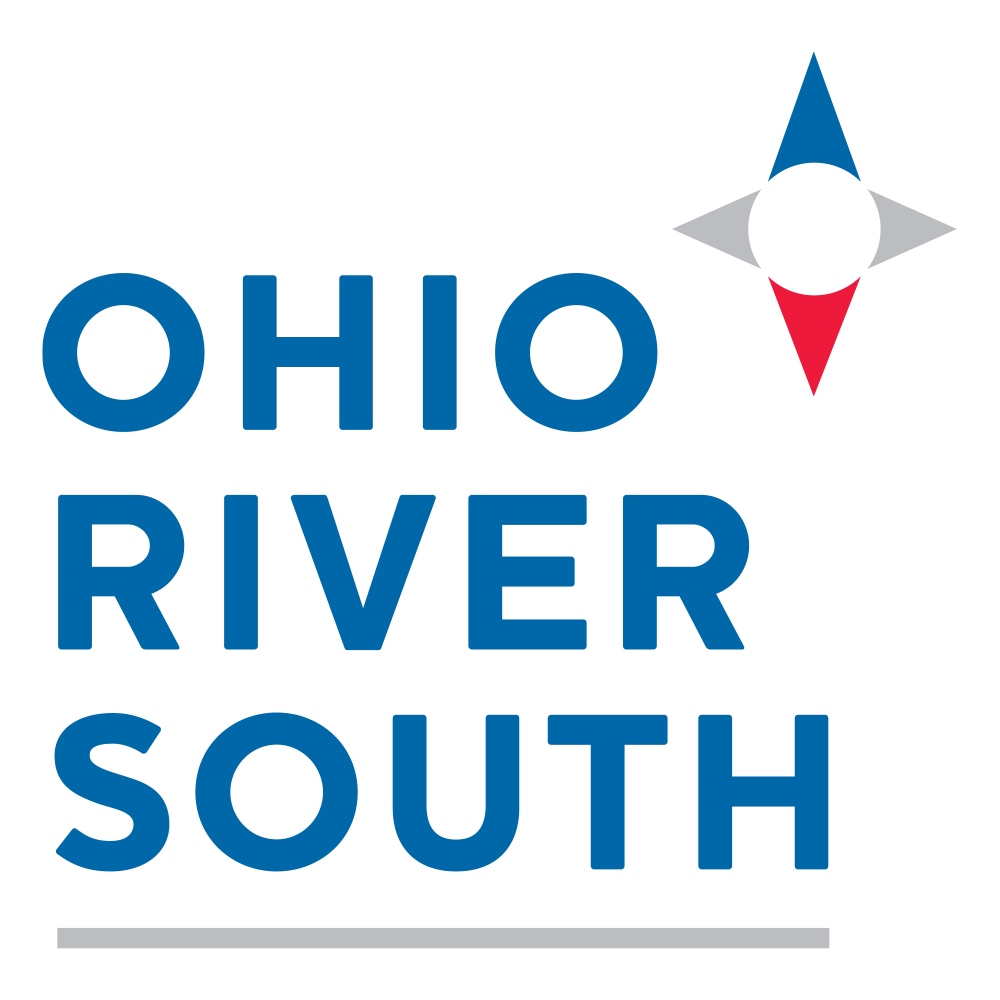GA Legislative Watch: Special session to end of biennial

In November, the Georgia General Assembly reconvened for a special session to vote on new Congressional and State legislative maps based on the decennial census. The maps and information for the new districts can be found on the General Assembly website.
Why it matters: The result of the new State House and Senate maps created two new Democratic districts in metro Atlanta (Gwinnett and Fulton Counties) and a conservative-leaning Senate district, which makes Sen. Michelle Au’s (District 50) seat more competitive with the addition of Forsyth and Gwinnett County precincts to her district.
The session also included the passage of a measure that ratified several executive orders, which allowed the state to suspend motor and diesel fuel taxes during the 2021 petroleum shortage. The Legislators also updated the Internal Revenue Code to correspond with the passage and provisions of the American Rescue Plan Act.
A measure for the secession of Buckhead from the City of Atlanta was pre-filed during the special session, and legislation was introduced which will expand the size of the Gwinnett County Board of Commissioners. Proponents assert that the commission expansion would correspond with the population increase, while opponents argue that local home-rule should supersede. The bill was tabled during the special session and will likely gain traction again during the General Assembly, as will SB 142, e-sports wagering legislation which passed in the Senate and stalled in the House.
The early weeks of the session will include committee assignments and budget hearings. Leading up to that, Gov. Kemp has announced his 2022 floor leaders: In the House, Rep. Josh Bonner (R-72), Rep. Jodi Lott (R-122), Rep. Lauren McDonald (R-26), Rep. Steven Meeks (R-178); and in the Senate, Sen. Clint Dixon (R-45), Sen. Russ Goodman (R-8), and Sen. Bo Hatchett (R-50).
The Democrats will be vying for Medicaid expansion, quality education, mental health supports and jobs creation. A key priority for Republicans is the abolishment of the state income tax. A busy election year session will have both parties strategizing to gain seats in each chamber, potentially realizing a stall in top agenda priorities.
Session dates throughout the Southeast:
Alabama: Convenes Jan. 11 – 30 legislative days in 105 calendar days
Florida: Convenes Jan. 11 – 60 calendar days
Georgia: Convenes Jan. 10 – 40 legislative days
Louisiana: Convenes March 14 – 60 legislative days in 85 calendar days (even-numbered years)
Mississippi: Convenes Jan. 4 – 90 calendar days
North Carolina: Convenes May 18 – no session length requirements
South Carolina: Convenes Jan. 11 – must end by first Thursday in June
Tennessee: Convenes Jan. 11 – 90 legislative days
Virginia: Convenes Jan. 12 – 60 calendar days (even-numbered years)
